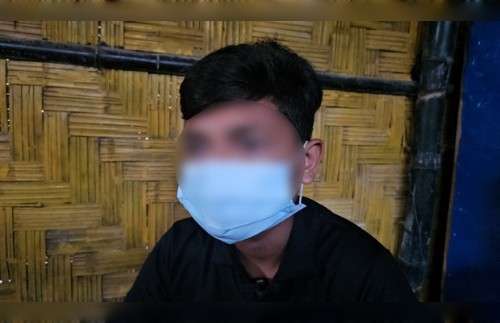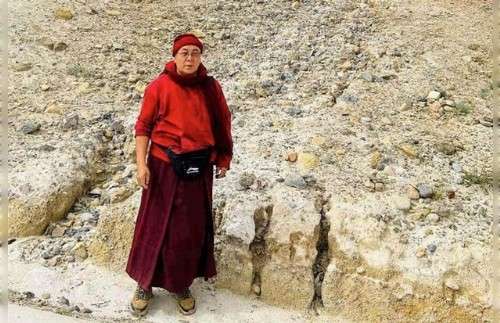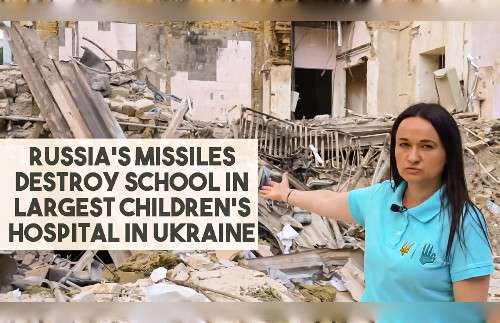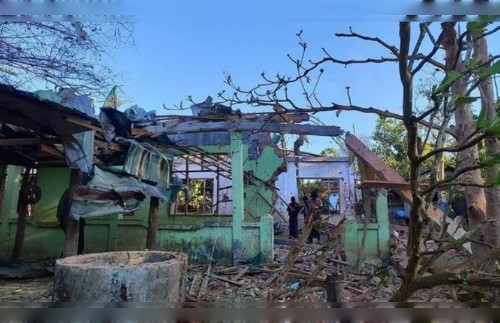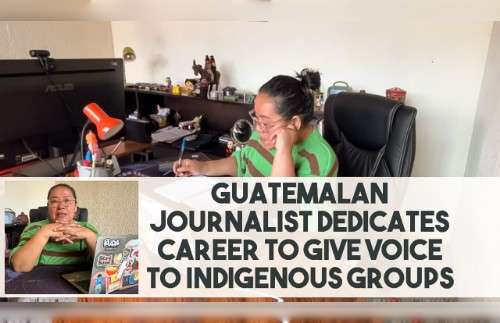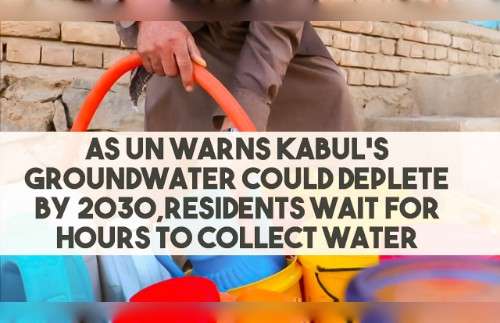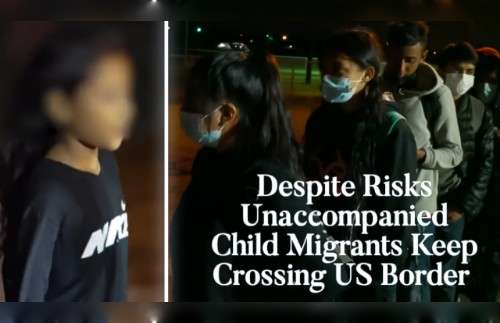A recent spate of violent, deadly attacks against impoverished foreign nationals isn’t about outsiders, South Africans say, but rather about the country’s problems and contentious politics.

is Licensed Under CC0 Public Domain
Last week, a mob in the coastal city of Durban attacked a group of largely undocumented Malawians, killing at least two people. Low-level xenophobic violence is a continuous reality in South Africa, peaking in 2008 with a spate of attacks that left 67 people dead. South Africa, with its developed economy, has long been a magnet for intra-African migration.
Xenophobic Group Marches in Johannesburg After Violent Killings of Foreigners
Ndivhuwo Mabaya, spokesman for the South African Department of International Relations and Cooperation, told VOA that police came up with a simple analysis of the situation during a meeting earlier this week with top South African officials and the diplomatic corps.
“These are groups of criminals who are taking advantage of the economic and social challenges in our townships and then mobilize other criminals to target foreign-owned shops,” he said as police concluded their presentation. “So what we have agreed is that the police will go back, do more work on the investigations and come back on Friday to present again to the ambassadors.”
Those who work with foreign nationals say this isn’t a simple matter of crime and punishment. Sharon Ekambaram, who leads the refugee and migrant rights program for Lawyers for Human Rights, reiterated her group’s explanations for the causes of the violence: abject poverty, inequality, and the government’s failure to improve living standards for all South Africans. Although she said she is encouraged by the international relations department’s response this time, she urged the government to do more.
“I feel like structures like disaster management response – in general, the state at all levels – the response in proportion to what’s taking place remains inadequate,” she told VOA. “And we go back to this every time this happens. We’re in this state, media is covering it, and we can’t see a visible presence of the police, we can’t see anyone being arrested for this behavior, and we’re all running around trying to see what we could do.”
Yet again, this episode of violence has come before a major election, which appears to have prompted a flurry of high-level condemnations, including from President Cyril Ramaphosa. But only days earlier, on the campaign trail, he had harshly criticized small business owners – many of whom are foreign nationals – who set up shop in impoverished areas without getting the proper licenses.
And so, both campaigners like Ekambaram and political players like the small, far-left Black First Land First movement – which also condemned the attacks – say political parties bear responsibility for the violence as well.
“It is them, the African National Congress and parties such as the Democratic Alliance, who fuel this kind of thinking that puts our people in a position where they have to attack other black people,” said Deputy President Zanele Lwana.
The long-ruling ANC is again expected to dominate the May election- VOA





